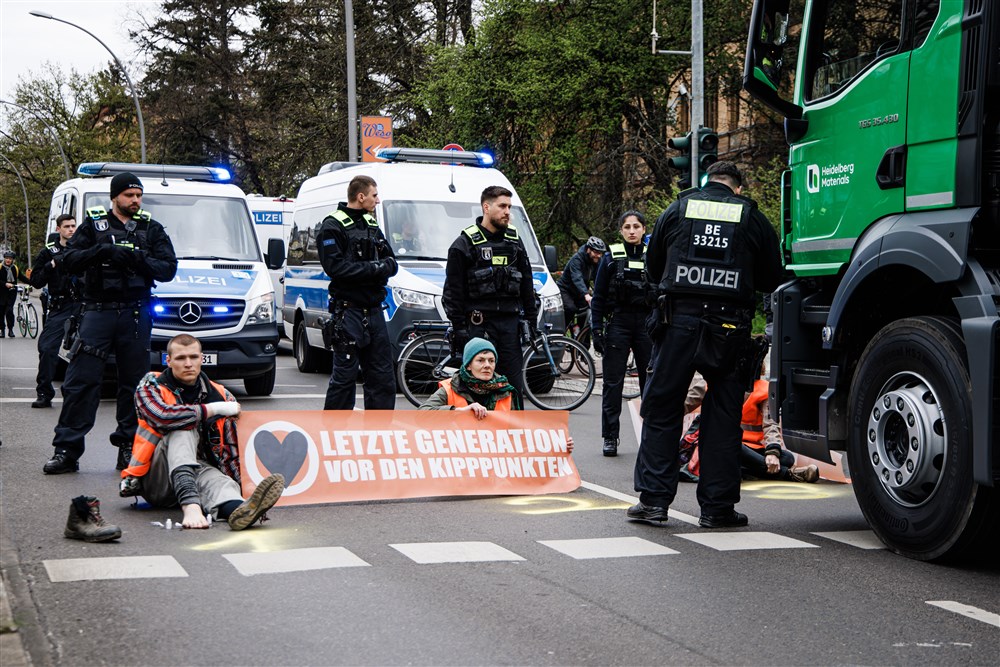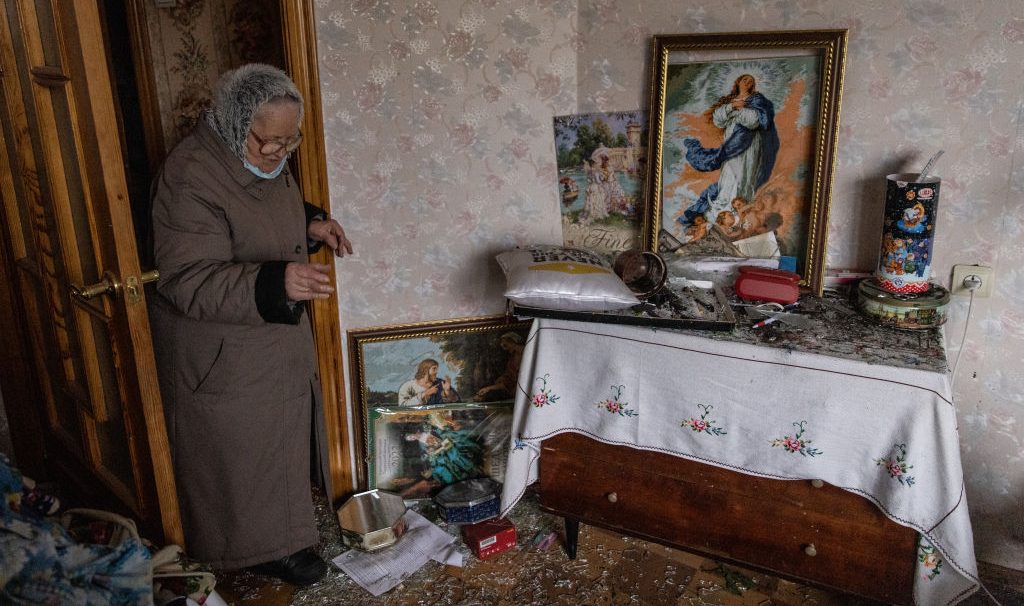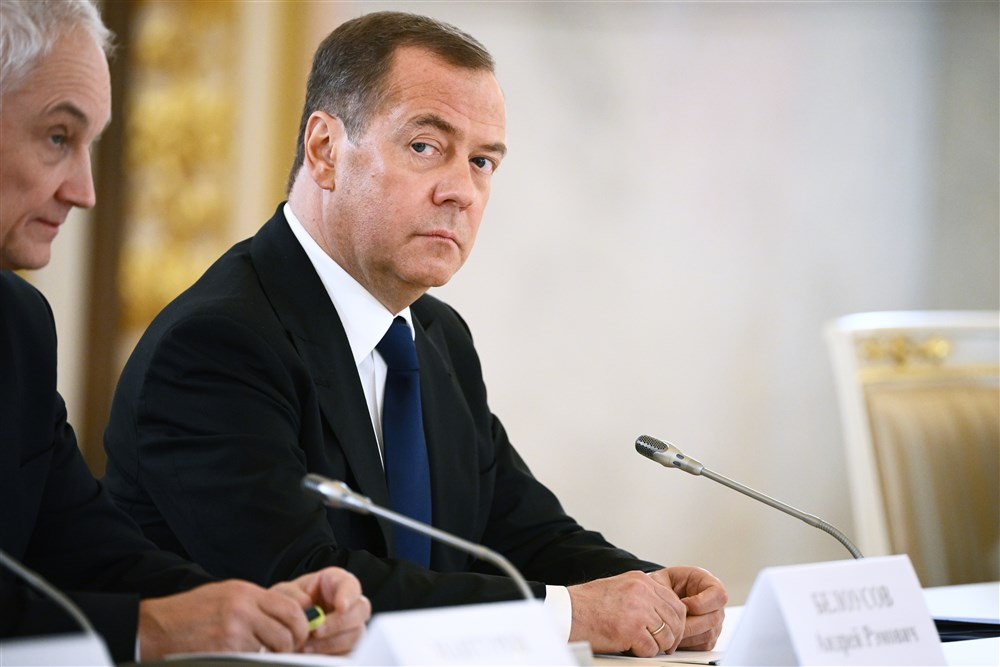The murderous war Russia is waging in Ukraine is not just killing people, it is also ravaging the climate, researchers say.
Dutch climatologist Lennard de Klerk and his team have calculated the direct and indirect emissions caused by the brutal conflict. Their numbers show that the first year of the war in Ukraine caused a similar amount of climate-damaging carbon emissions as the whole of Belgium did in the same period.
According to the report, the first year of hostilities in Ukraine led to 120 million tonnes of CO2 emission equivalents – greenhouse gases such as methane.
“This is, of course, first and foremost a human tragedy, but there is also major environmental damage,” De Klerk told German news agency DPA.
The experts estimate that the share of emissions directly caused by the fighting accounts for 19 per cent of total emissions – with most of that due to the fuel consumption of mainly Russian forces, but also those of Ukrainian combatants.
According to de Klerk and his colleagues, similarly high emissions, an estimated 15 per cent, are also caused by fires resulting from the armed action.
Looking ahead, the experts estimate most of the emissions, about 50 million tonnes, will be related to post-war reconstruction, when power plants, industry and buildings have to be rebuilt.
In addition, their calculations also take into account leaks from the damaged Nord Stream gas pipelines that run under the Baltic Sea from Russia to Germany to provide Western Europe with natural gas. Alongside that, they include emissions caused by aircraft having to make long-distance diversions over Asia since sanctions against Russia came into force.
Regarding climate damage caused by conflict, the International Military Council on Climate and Security (IMCCS) is calling on NATO and the EU to work together to take armed forces’ effects on climate into consideration as part of the green deal.
At the @UNFCCC #BonnClimateConference opening plenary, Ukraine have highlighted the environmental impact of Russia’s war. At Wednesday’s side event on military + conflict emissions, @LennarddeKlerk will launch an updated report on the estimate of the invasion’s emissions so far pic.twitter.com/dk0vNjwc49
— The Military Emissions Gap (@milemissionsgap) June 5, 2023
As well as the climate, other environmental elements are also being heavily impacted by the war, such as the recent destruction of the Kakhovka dam in Nova Kakhovka, Ukraine, widely believed to have been orchestrated by Russian operatives. An explosion there led to significant damage of the central section of the 3.2 kilometre wide dam, resulting in uncontrolled water flow downstream.
Dmytro Kuleba, minister of foreign affairs in Ukraine, described the blast as a horrific case of “ecocide”.
A senior Ukrainian presidential adviser said at the time of the explosion: “A global ecological disaster is playing out now, online, and thousands of animals and ecosystems will be destroyed in the next few hours.”
Russia’s deliberate and long-planned destruction of the Kakhovka dam results in regional ecocide. Entire ecosystems are being irreversibly harmed. We urge states and international organisations to condemn Russia and join @ZelenskyyUa’s Peace Formula item “Prevention of ecocide”.
— Dmytro Kuleba (@DmytroKuleba) June 6, 2023





